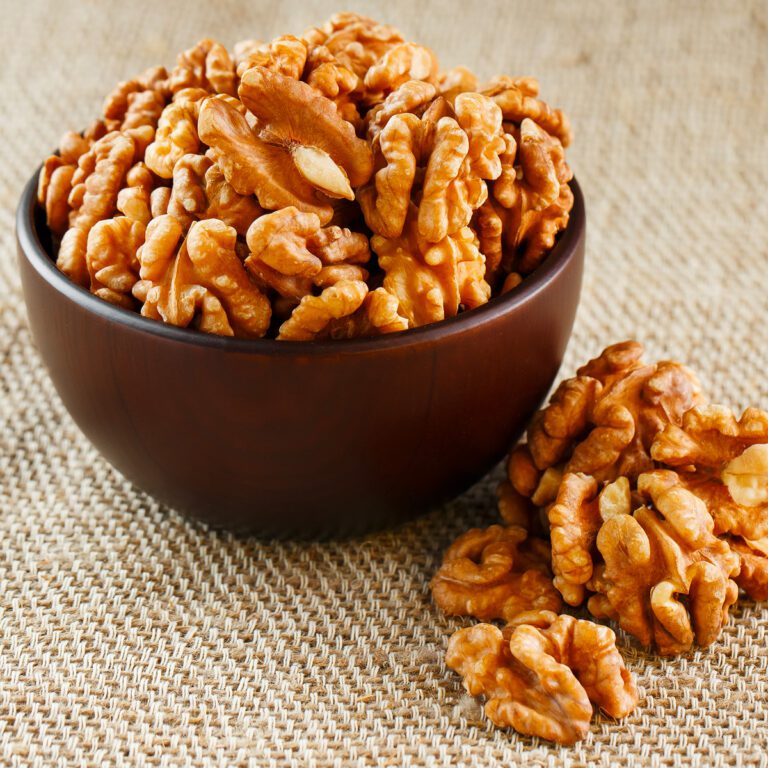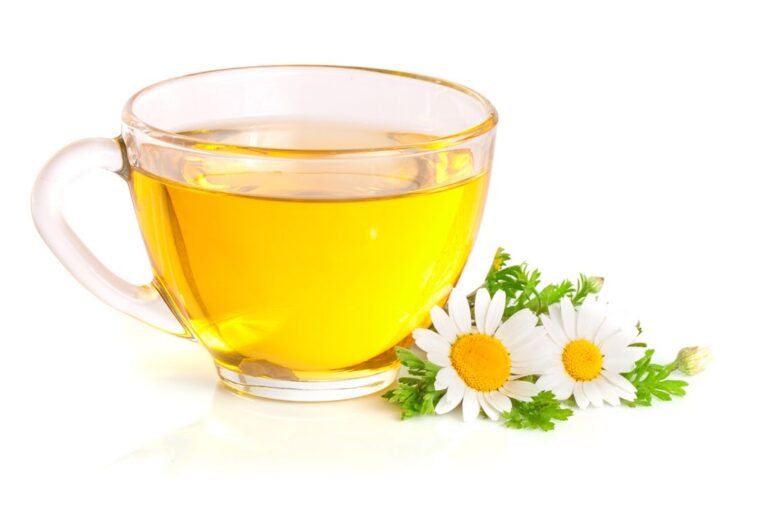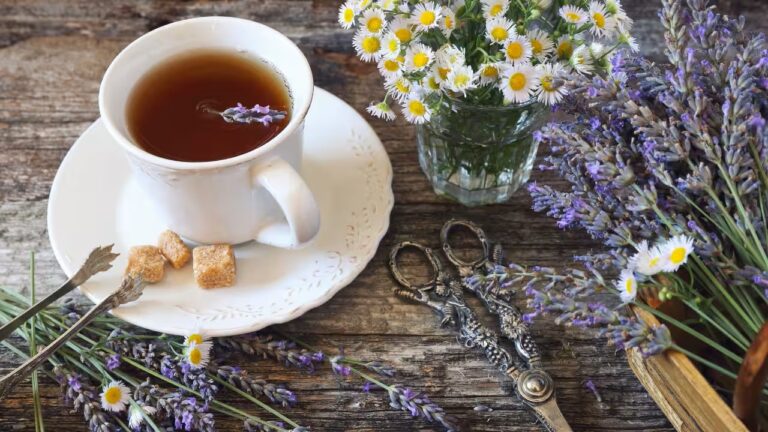Passionflower Tea for Sleep: A Natural Remedy to Calm Your Mind and Restore Deep Rest

In today’s fast-paced, high-stress world, quality sleep often feels out of reach. For those struggling with anxious thoughts, restlessness, or frequent nighttime wake-ups, passionflower tea may be the natural solution you’ve been looking for. Known for its calming and sedative properties, this herbal infusion has been used for centuries to help quiet the mind and support restful, uninterrupted sleep.
In this guide, we’ll explore how passionflower tea works, what science says about its effectiveness, how to prepare it, and why it might become your favorite addition to your bedtime ritual.
What Is Passionflower Tea?
Passionflower tea is an herbal infusion made from the dried leaves, stems, and flowers of the Passiflora incarnata plant, a species native to the Americas. Despite its exotic name, passionflower isn’t overly floral in flavor. Instead, it offers a mild, earthy, and slightly grassy taste—pleasantly calming in itself.
For centuries, Native Americans and European herbalists have used passionflower for treating insomnia, anxiety, and nervous tension. Today, this herb is recognized for its gentle sedative effects, especially when taken in tea form.
How Passionflower Tea Helps You Sleep Better
Passionflower tea promotes sleep in a variety of ways by interacting with your central nervous system and calming mental overactivity. Here’s how it works:
1. Boosts GABA Levels in the Brain
Passionflower increases gamma-aminobutyric acid (GABA), a calming neurotransmitter that reduces brain activity and helps you unwind. This makes it easier to fall asleep and stay asleep.
2. Relieves Anxiety and Racing Thoughts
Many people can’t sleep because their minds won’t stop thinking. Passionflower tea has been shown to have anxiolytic (anti-anxiety) properties, reducing restlessness and improving sleep onset.
3. Improves Sleep Quality
A study published in the journal Phytotherapy Research found that participants who drank passionflower tea daily for a week reported significant improvements in sleep quality compared to those who drank a placebo tea.
4. Reduces Cortisol and Stress
Chronic stress can disrupt your sleep cycle. Passionflower contains flavonoids like apigenin, which help regulate the stress hormone cortisol and lower your body’s fight-or-flight response.
Additional Health Benefits of Passionflower Tea
In addition to improving sleep, passionflower tea offers a range of other wellness benefits:
- Reduces symptoms of generalized anxiety disorder (GAD)
- Eases muscle tension and restlessness
- Helps with ADHD and hyperactivity symptoms
- Alleviates menopausal symptoms and PMS
- Supports heart health through blood pressure regulation
- Mild pain relief and headache reduction
How to Make Passionflower Tea
Passionflower tea can be made from dried loose leaves or pre-packaged tea bags. Here’s how to make it:
Ingredients:
- 1 teaspoon of dried passionflower (or 1 tea bag)
- 1 cup hot water
- Optional: honey, lemon, or a bit of chamomile for added flavor
Instructions:
- Boil water and let it cool slightly (ideal temp: ~90°C or 194°F).
- Steep dried passionflower in hot water for 5–10 minutes.
- Strain (if using loose leaf) and sweeten if desired.
- Enjoy 30–60 minutes before bedtime.
Note: For a stronger sedative effect, combine with other herbs like valerian root, lemon balm, or chamomile.
Best Time to Drink Passionflower Tea
The ideal time to enjoy passionflower tea is 30 to 60 minutes before going to bed. Drinking it too early might reduce its effectiveness, while drinking it too late may interfere with your ability to fall asleep quickly.
You can also have a mild cup during the day to reduce anxiety, but be cautious—some people feel drowsy even with small amounts.
Passionflower Tea Bedtime Routine
To enhance the calming effects of passionflower tea, incorporate it into a relaxing bedtime routine. Here’s how:
- Wind Down: Turn off screens and bright lights an hour before bed.
- Prepare Your Tea: Brew your passionflower tea while doing deep breathing or journaling.
- Create a Calm Environment: Use soft music, lavender essential oil, or dim lighting.
- Sip Slowly: Take small, mindful sips and allow your body to unwind.
- Sleep Naturally: Let the soothing effects guide you into restorative sleep.
Passionflower Tea vs. Other Herbal Teas for Sleep
How does passionflower compare to other sleep-promoting teas? Here’s a quick comparison:
| Tea Type | Key Benefit | Taste Profile | Best For |
|---|---|---|---|
| Passionflower | Calms racing thoughts, reduces anxiety | Earthy, mild | Overactive mind, stress insomnia |
| Lemon Balm | Boosts GABA, light sedation | Lemony, minty | Mild stress and sleep support |
| Chamomile | Gentle sedative, anti-inflammatory | Floral, apple-like | General sleep support |
| Valerian Root | Strong sleep aid, muscle relaxant | Bitter, earthy | Severe insomnia |
| Lavender | Aromatic, calming | Floral, fragrant | Anxiety relief and mood support |
Passionflower is especially effective for people whose insomnia is linked to anxiety or excessive mental activity.
Is Passionflower Tea Safe?
Yes, when used in moderation, passionflower tea is generally safe for most people. However, here are a few things to keep in mind:
Potential Side Effects:
- Drowsiness or fatigue
- Dizziness or confusion (in high doses)
- Mild nausea (rare)
Avoid if:
- You are pregnant or breastfeeding
- You are taking sedatives, anti-anxiety medications, or blood thinners
- You are scheduled for surgery (stop use 2 weeks before)
Tip: Always check with your doctor before adding herbal supplements to your routine, especially if you’re on medication.
How Often Can You Drink Passionflower Tea?
You can drink passionflower tea daily in the evening, but avoid using it in high doses or for long periods without breaks. A good practice is:
- 2–3 nights per week for occasional sleep issues
- 5 nights per week if you experience chronic sleep difficulties
- Take a break after 3–4 weeks to assess your body’s response
Where to Buy Passionflower Tea
Look for high-quality, organic passionflower tea from reputable brands. Some top choices include:
- Traditional Medicinals – Organic Nighty Night (with passionflower)
- Buddha Teas – Organic Passionflower Tea
- Celebration Herbals – Passionflower Loose Leaf Tea
- Gaia Herbs – Sleep & Relax Herbal Tea (includes passionflower)
Check for “Passiflora incarnata” on the label and avoid blends with artificial additives.
Final Thoughts: Should You Try Passionflower Tea for Sleep?
If you struggle to sleep due to anxiety, racing thoughts, or mental overactivity, passionflower tea can be a powerful yet gentle natural remedy. With centuries of traditional use and growing scientific support, it stands out as one of the best herbal teas for calming the mind and promoting deep rest.
Unlike prescription sleep aids, passionflower tea is non-addictive, easy to prepare, and comes with added health benefits. Whether you sip it alone or as part of a relaxing evening ritual, it’s a comforting companion on your journey to better sleep.





